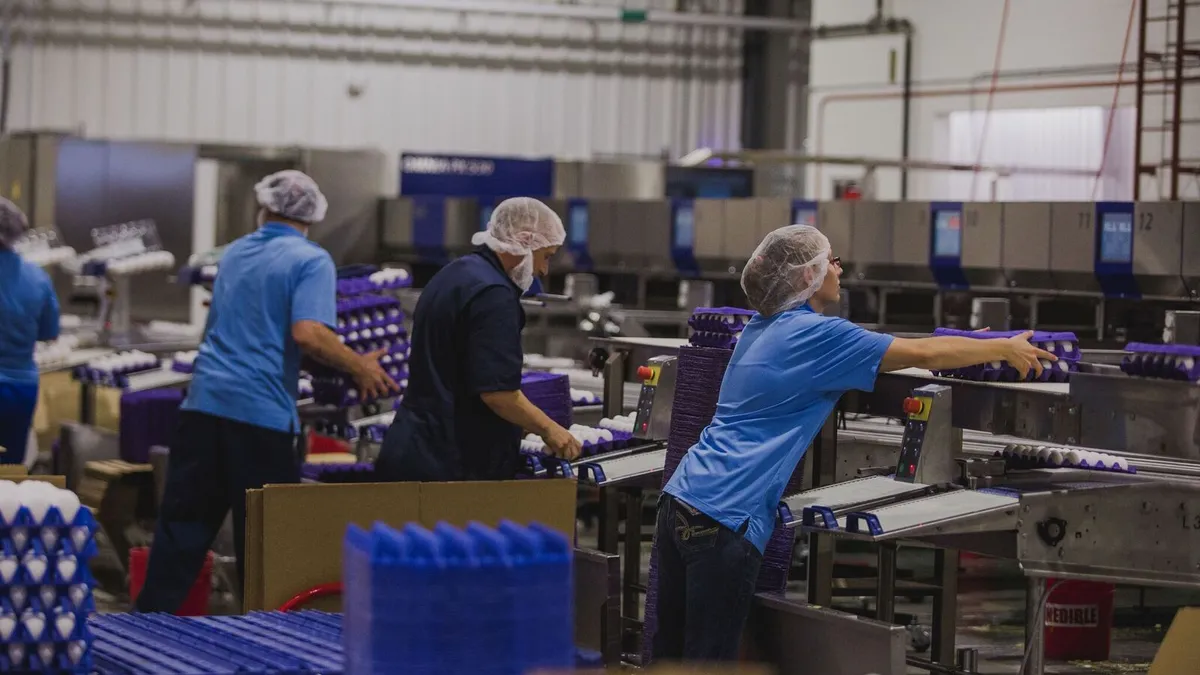Dive Brief:
- Employers vowed to invest in workers with tax-cut windfalls, but the beneficiaries instead were mostly business owners, C-suite members and shareholders, according to a PayScale study on 2nd quarter compensation results. The Q2 2018 PayScale Index, which tracks quarterly and annual compensation trends, found that wages dropped by 0.9% in Q2 2018 from 1st quarter results, despite higher expectations of the Tax Cut and Jobs Act for employees.
- The index also showed that real wages, or wage growth in relation to inflation, decreased by 1.8% from the 1st quarter, which PayScale said is the biggest decline in seven years. Results show that employees are earning 1.4% less than they did a year ago because of the fast-rising Consumer Price Index (CPI).
- Other key findings in the study show that wages dropped in 80% of industries, with transportation and warehousing having the biggest drops in wages; the largest declines in wage growth were in manufacturing and production (5%) and construction (4.7%).
Dive Insight:
Major companies announced earlier in the year that they would use windfalls from the tax cut to invest in employees by expanding benefits and training programs, increasing contributions in retirement savings plans and offering one-time bonuses. Some employers, like financial services firm Comerica, JP Morgan and Walmart vowed to raise wages, though some questioned whether that was triggered entirely by the tax law or had been planned long before that.
Either way, employers must consider what impact decreases in wages and wage growth might have on the talent value proposition. Multiple reports have shown that wages have remained stagnant despite the fact that employees are most likely to quit their current jobs when promised a higher salary elsewhere. As cost of living continues to increase and the job market continues to tighten, employers may soon feel stronger pressure to raise wages, especially in industries that require highly in-demand, skilled candidates.













